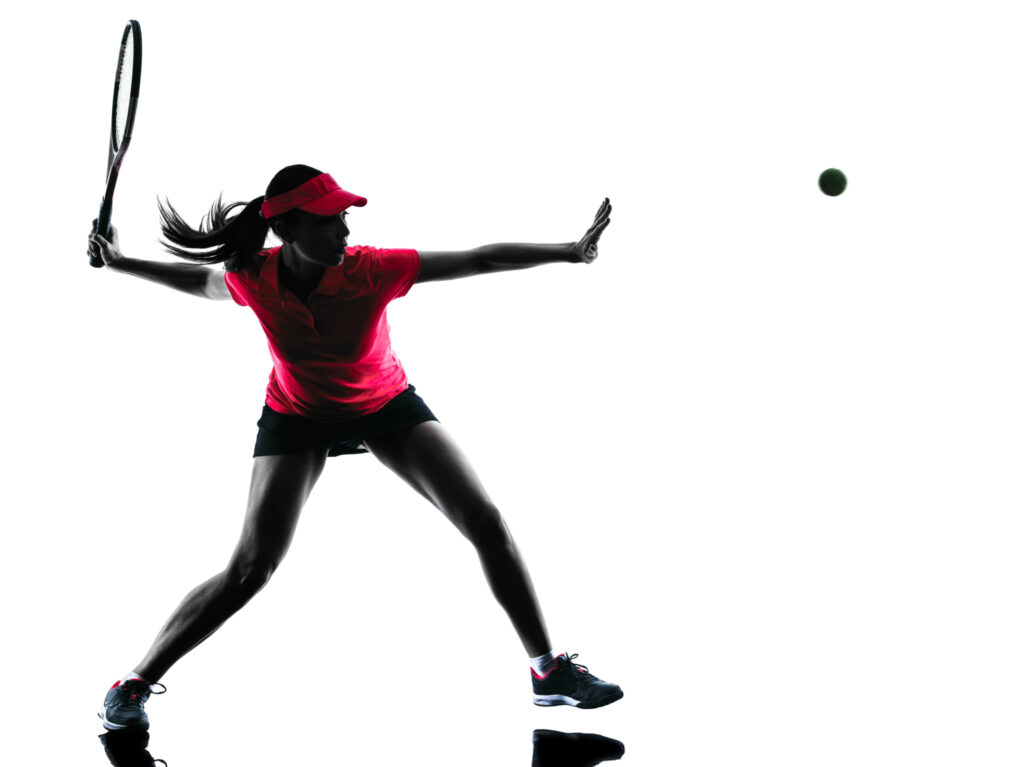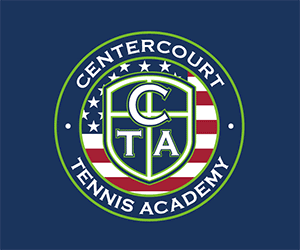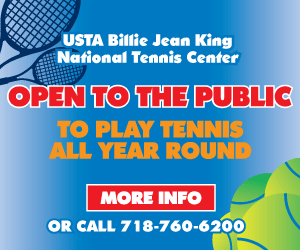How to Become the Alpha Player on the Court

The term “Alpha” comes from animal research. As an example, in wolf packs, the strongest and largest wolf is the alpha and he is the leader of the pack. All of the rest will act submissively in his presence. The alpha first establishes this position by fighting the other wolves and winning, but when the hierarchy is established, all he needs to do is stare or growl and the other wolves will whimper, back off and walk away.
The establishment of power and rank is typical of almost all species and has an evolutionary purpose. It would cause far too much blood, injury and loss of life if the challenger fought for dominance every day. So over the millennium, nearly every animal group has become programmed to understand both dominant behaviors and submissive behaviors. That goes for humans as well. Let’s take sports as an example.
I recall the first time I met Arnold Palmer, the world’s most loved golfer. He was an old man at that point, but I still recall the power of his gaze. This was a pure alpha athlete. And it was not only me that felt this way. A former patient of mine was a tour player and I asked him if he had ever been intimidated on a golf course. He quickly remarked, “Only one time, the day I played against Palmer. We shook hands on the first tee and I was done for the day.”
Meeting Tiger Woods is exactly the same. When he walks into the press room, it’s like a wave of energy comes in with him and everyone gets very quiet and just watches him. This is the power of being an alpha athlete, and this power affects anyone who is playing against them.
Tennis players experience the same thing. When facing one of the game’s superstars, the opponent has many challenges, maybe the least of which relates to actual talent differentials. The superstar will walk onto the court with a swagger and a focused attitude. The opponent will become a spectator to this alpha superstar, and almost immediately lose focus, become passive, anxious and weaker. Some of this submissive behavior is a biologically-programmed response that the opponent feels, but cannot put into words, and therefore, they cannot do much about it.
When an animal becomes submissive in the face of an alpha, they will back off, lower their head and become weak and act defenseless. This is biology. I think in athletes, it works the same way. When a big name players steps on to the court to play against an unknown player, the unknown player has already lost.
The more established player in the group expects to win and expresses his power with a louder voice, firmer handshake and steadier gaze. He will be less chatty and less friendly. All of this takes place on an unconscious level.
These types of psychological states occur in every sport, including Muhammad Ali in boxing (“I am the greatest!”), every Yankee to put on the pinstripes (the Yankee mystique) and John McEnroe in tennis (“You cannot be serious?!”) When the opponent faces them, they are playing against not only the alpha player, but their reputation and aggressive attitude. The opponent goes into a state of heightened anxiety and heightened passivity. Laymen call this “The Choke.” I call it “The Submission Response.”
What to do
The way to get around this submissive behavior is to reciprocally inhibit it by acting the opposite way:
1. Keep your shoulders back after every shot you take
2. Keep your head held up and look directly at your opponent
3. When speaking, do so with a loud and deep voice
4. Give a strong firm handshake at the beginning of the match
When you act as though you are the dominant player on the court, it does three things. It convinces you that you’re the dominant one, it inhibits your own fear and it strikes some fear into your opponent as well … all done non-verbally. So remember, shoulders back, steady gaze, firm voice, head up, strong handshake and you will find yourself entering the land of the alpha athlete.






